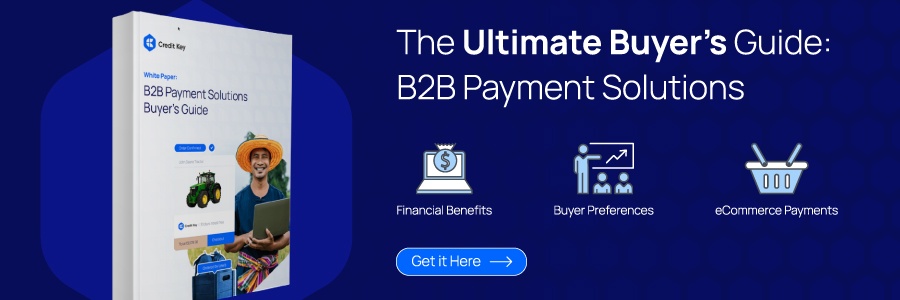If one thing is true about B2B e-commerce, it’s that it’s constantly evolving, and that means that competition is also almost always on the rise. And the more B2B merchants, distributors, and manufacturers start to shift larger portions of their sales to online channels, the more competitive it will continue to get.
One area of business that has recently felt the pinch of competition is industrial distributors, companies that resell and wholesale industrial components, equipment, and materials. In a report from earlier this year, market research and consulting firm McKinsey and Company found that Amazon Business is a driving force of disruption in a variety of key industry sectors, including electronics and auto parts.
Digitization has played a huge role in this shift, and companies that offer “best-in-class customer convenience and more price transparency” are excelling while those who do not adopt digital sales channels are likely going to end up going out of business. Of course, this is probably no surprise for those who have watched digital transformation across other industries.
So, how do firms in these industries keep up with, or even stay ahead of, competition? Here are a few ideas to get you started.
Scale Operations
As any distributor will likely tell you, margins in their business are extremely thin. This is especially true in industrial sectors, where a lot of capital is needed to purchase raw materials or products for resale. What’s more, with digital competition from sites like Amazon Business heating up, pricing transparency is resulting in a more educated buyer while making it even more difficult to achieve margins.
Distributors can make up for stagnant or tight margins, however, by scaling their operations. That means automating certain functions, particularly repetitive ones, growing the amount of orders that can be fulfilled, and growing the customer base, of course. That also might mean investing more in digital ecommerce platforms and functions, analyzing product selection to either add new products or remove underperforming products, or even outsourcing some parts of the fulfillment process. The goal of any effort to scale should be to reduce operation costs, and thus increase margins.
Scale Payments
What good is scaling operations if you don’t increase the number and/or size of orders? As you might imagine, scaling is only profitable when you increase orders.
Now, you might think this is a marketing problem, and to some extent that’s true. But it’s also a payment problem. That is, companies who only offer traditional means of payment such as traditional trade credit will have a hard time scaling operations if they can’t scale how they accept payment.
That’s where Credit Key comes in. By offering instant credit and flexible payment terms, distributors can ultimately process more orders. It’s the “last mile” of the ecommerce transaction, but it’s a crucial one that enables the success of the entire operation.
Scale Other Digital Activities
One great thing about digital technology is its ability to help businesses scale in nearly every aspect. Investing in digital can be a sure-fire way to improve your ability to compete in an increasingly crowded marketplace. Some other digital technologies where distributors should consider investing in include digital marketing automation, website conversion optimization, and mobile tools.
Are you looking for more ways to scale your business? Credit Key can help. Contact us to learn how offering flexible payments can help you grow.
